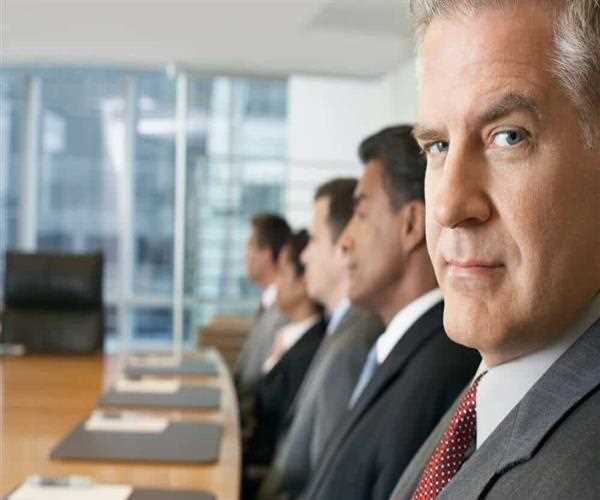Political decisions have a significant impact on the economy, and the relationship between politics and economics is complex and multifaceted. Political decisions can affect the economy in several ways, including through policies that influence the allocation of resources, taxation, trade, and regulation.
One of the primary ways that political decisions affect the economy is through fiscal policy. Fiscal policy refers to government decisions regarding taxation and spending. When governments increase taxes, they reduce the disposable income of consumers, which can lead to lower consumer spending and a slowdown in economic activity. On the other hand, when governments increase spending, they can stimulate economic growth and create jobs. However, increased government spending can also lead to higher inflation and government debt, which can have negative long-term consequences for the economy.

Monetary policy is another area where political decisions can impact the economy. Monetary policy refers to decisions made by central banks regarding interest rates and the money supply. Central banks use monetary policy to control inflation and stabilize the economy. When central banks lower interest rates, they encourage borrowing and investment, which can stimulate economic growth. Conversely, when central banks increase interest rates, they discourage borrowing and investment, which can slow down the economy. Political decisions regarding the independence and mandate of central banks can also have a significant impact on monetary policy and, consequently, on the economy.
Political decisions regarding trade policy can also have a significant impact on the economy. When governments impose tariffs or other trade barriers, they can protect domestic industries from foreign competition, but they can also lead to higher prices for consumers and lower economic efficiency. Free trade agreements can promote economic growth and job creation, but they can also lead to job losses in some sectors. The decision to participate in international organizations, such as the World Trade Organization, can also impact the economy by influencing trade policies and access to international markets.